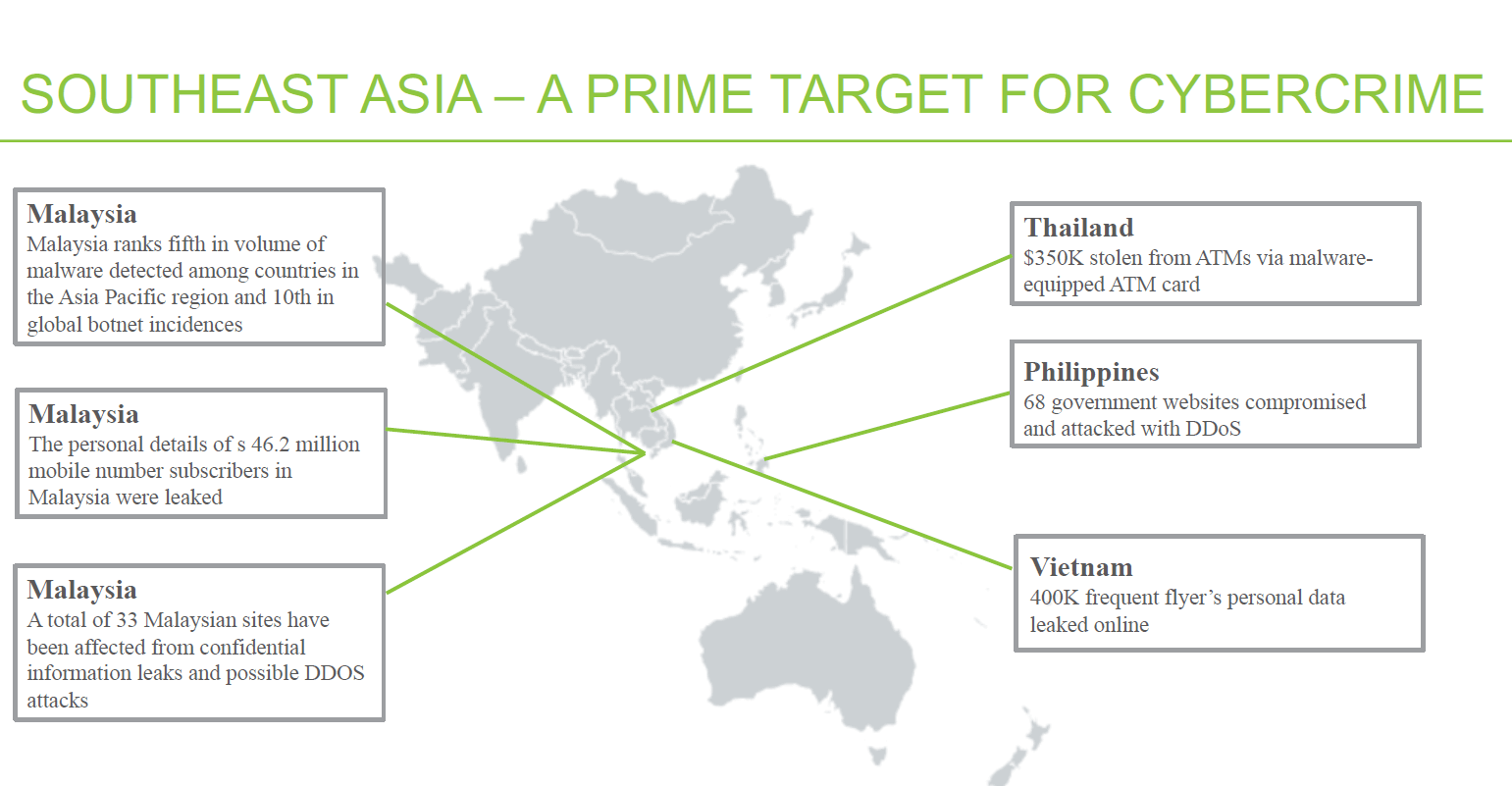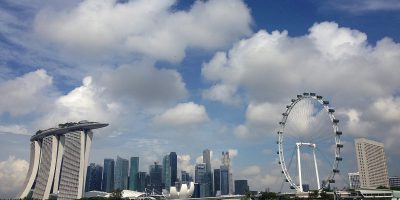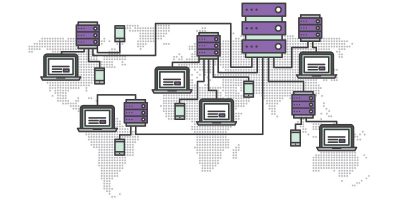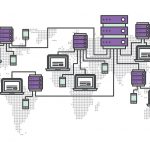
Cybersecurity is becoming an increasingly central concern for businesses. Source: Shutterstock
2017 has changed how businesses and customers think about cybersecurity
The year 2017 has been a watershed year for cybersecurity, this being the year that we witnessed several widespread hacking and malware attacks which catapulted security to the forefront of today’s technology discourse.
And those instances are only accelerating. This year, 84 percent of organizations said that they were hit with at least one Distributed Denial of Services (DDoS) attack in the last 12 months, while 86 percent said they contended with more than one attack, marking a four percent rise. Furthermore, data breaches in the first half of 2017 alone have exposed as many as six billion records.
With all this in mind, it’s clearer than ever before companies need to take the threat of cybersecurity much more seriously than they have previously done. And some have responded.
According to Limelight’s State of Cybersecurity 2017 – Southeast Asia report, most businesses are working to combat the rise of cyberattacks, whether it’s DDoS attacks or other malware-related issues. The survey interviewed 1,400 respondents from Singapore, Malaysia and the Philippines, three countries that represent the spread of different Internet experiences in the Southeast Asia region. Respondents included both businesses and consumers.

Jaheer Abbas, director of Sales for Limelight SEA and ANZ. Source: Limelight
The report revealed that more than 94 percent of all businesses have already actively working to protect their websites and applications from attack.
“With a potential cyberattack lurking in the corner, brands can no longer rest on ‘legacy trust’ that they have built over the years,” said Limelight Networks’ director of sales for Southeast Asia and ANZ Jaheer Abbas.
“Today, it’s about building trust each time a customer transacts with a brand online. Cybersecurity is never a one-size-fits-all approach. Brands need to think about a multi-layered approach to security and explore the use of a cloud-based solution.”
Part of the impetus here is the fact that just under half of all businesses have experienced a crippling attack, and 51.50 percent say that they feel “vulnerable” to DDoS, cyberattacks and hacking. Any one of these attacks could have an adverse of effect on these businesses, as a non-functional website could result in poor customer experience and perception.
The report found that the majority of businesses feel like that websites and applications that are vulnerable to cyberattacks and malware would adversely impact their bottom lines, while 40.82 percent said that their reputation would experience a beating.
This holds true among the surveyed customers. The report found that more than 70 percent of customers will have a different perception of a company if their websites or applications are compromised by an attack: 62 percent of customers said that their opinion of a business “becomes somewhat negative after the cyberattack”, while nearly 10 percent said that their opinion “becomes extremely negative” in the aftermath.

Southeast Asia is a hotbed for cyberattack activity. Source: Limelight Networks
This becomes a huge issue for companies as this change in opinion has a direct correlation to a business’s’ ability to capture consumers. Almost 40 percent of all consumers said that they would not continue with an online transaction if they knew a website had been previously hacked, while another 40 percent said they were uncertain.
In recent cybersecurity hacks in Malaysia, banks and telcos were badly affected which resulted in some customers having their personal information being stolen and shared. Some customers had their bank accounts hacked as a result of that attack. Limelight’s report found that the majority of consumers (74.48 percent) said that loss of personal or financial information is “extremely” concerning.
It stands to reason then why businesses are extremely keen to boost their cybersecurity credentials. Some companies have cited reasons such as lacking expertise and the high costs of security apparatuses for not deploying cybersecurity protection, but the vast majority of companies are already working on bringing in more tailored, multi-layered security systems into place.
Limelight recommended that companies implement a variety of tools, such as content delivery networks with built-in security features in order to protect against intrusions while businesses interact with their customers. Companies should also put into place a public security readiness report so that consumers feel safer with their brand.
READ MORE
- Analyzing Malaysia’s top e-commerce players of 2017
- Moving Asia 2017: How technology is defining the future of transport
- Machine learning is going to be the next big tech since the Internet
- Which tech trends proved the biggest for small and medium businesses in 2017?
- Here’s a recap of your favorite Tech Wire Asia stories of 2017






